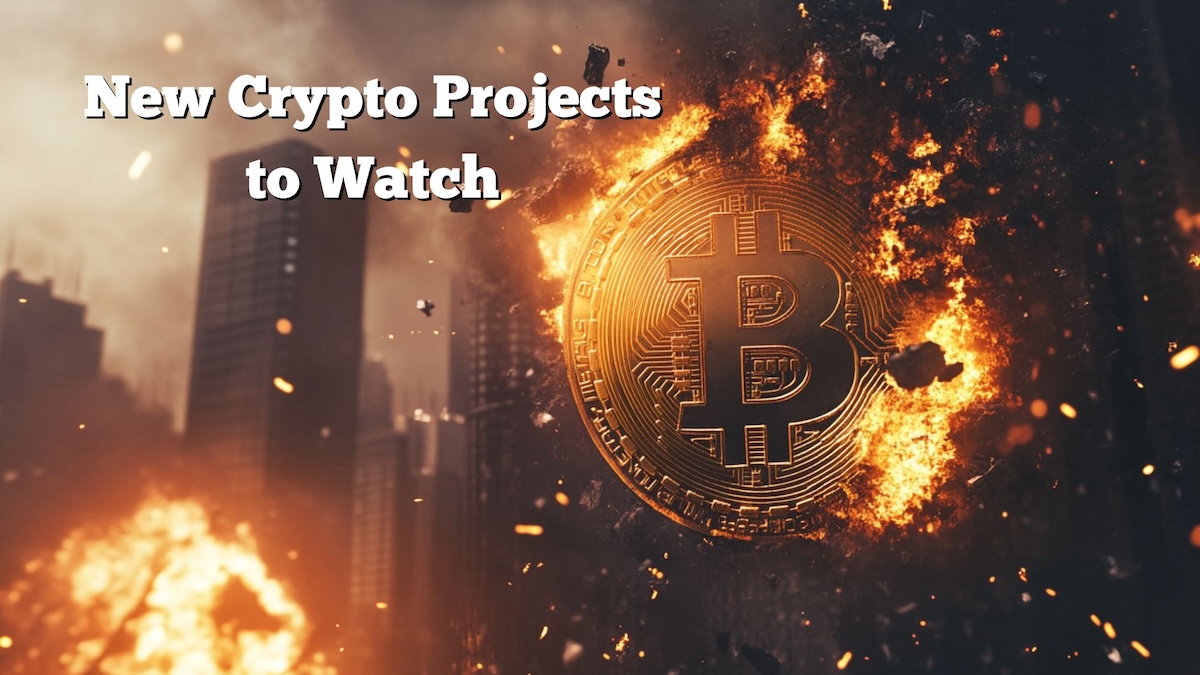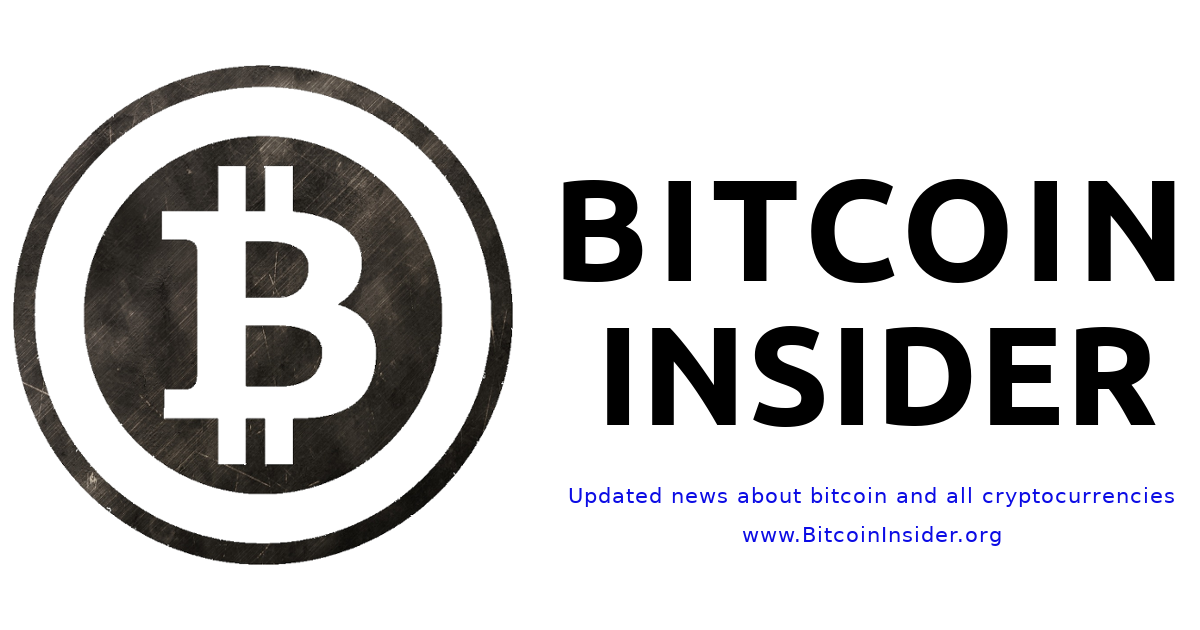Cryptocurrency Markets Experience Turmoil Amid US-Iran Tensions

The cryptocurrency market experienced a significant downturn and widespread panic following President Donald Trump's order for US airstrikes on Iran's nuclear facilities on June 21, 2025. This geopolitical event, aimed at sites in Fordow, Natanz, and Isfahan, caused immediate and sharp reactions across global financial markets, with oil prices spiking, gold jumping, and cryptocurrencies seeing substantial declines. The attacks were cited by US officials as a response to escalating tensions in the Gulf and renewed nuclear enrichment activity by Iran.
The impact on the crypto market was severe. Bitcoin (BTC) plummeted by approximately 7.5%, dropping from $108,990 to $100,945, and notably lost the critical $103,600 support level. Ethereum (ETH) fell by over 17%, while other major altcoins such as XRP, ADA, and SOL also experienced declines of 15% to 17.5%. The broader market saw over $595 million in bullish crypto bets wiped out, with more than 172,000 leveraged traders liquidated within 24 hours. This massive sell-off cast doubts on Bitcoin's perceived status as a safe haven asset during times of geopolitical uncertainty, though it did manage to hold above the $100,000 psychological level, suggesting it might form a new support base. Analyst Carl Runefelt observed that Bitcoin Dominance (BTC.D) surged, indicating that capital was flowing into Bitcoin as a relatively safer asset within the crypto ecosystem, at the expense of altcoins.
In response to the heightened volatility and market turmoil, attention has shifted towards speculative assets, including new crypto presales and high-risk tokens, as traders seek narrative-driven rebound opportunities. Three projects have garnered significant interest:
First, **Solaxy ($SOLX)**, introduced as the first Layer 2 built on Solana, aims to address long-standing issues like network congestion, failed transactions, and limited scalability. By integrating Solana's speed with Ethereum's liquidity, Solaxy offers a multichain solution designed for the next generation of DeFi and meme coins, empowering regular traders with high-frequency trading tools. $SOLX is the native token, available on both Ethereum and Solana, and raised $56 million in its presale, priced at $0.001766.
Second, **BTC Bull Token ($BTCBULL)** differentiates itself as a meme coin that offers actual Bitcoin rewards to holders as Bitcoin reaches major price milestones, such as $150,000 or $200,000. These rewards are directly airdropped to Best Wallet holders. The project also employs milestone-based token burns to reduce supply and increase scarcity as Bitcoin's price rises. $BTCBULL, priced at $0.002575, has raised $7.2 million in presale, aiming to combine meme-fueled energy with tangible Bitcoin upside.
Third, **Little Pepe ($LILPEPE)** stands out as the first meme coin built on its own EVM-compatible Layer-2 blockchain. It seeks to mitigate Ethereum's high gas fees and network congestion for meme projects by offering zero buy/sell tax, ultra-low fees, sniper-bot protections, and fast transactions. The native $LILPEPE token facilitates governance, transaction fees, staking rewards, and access to 'Pepe's Pump Pad' for safe meme-coin launches. Its presale has raised $1.7 million at $0.0012 per token, with strong community demand evident from its quick Stage 1 and Stage 2 sell-outs.
Beyond the market's immediate reaction to geopolitical events, several other notable developments occurred in the crypto and tech landscape. Iran, for instance, imposed a curfew on domestic crypto exchanges following a politically motivated hack on Nobitex, which resulted in losses exceeding $90 million. On the innovation front, Reddit is exploring the integration of Sam Altman's World ID, an iris-scanning biometric verification system, to combat AI threats, age verification challenges, and bot abuse, aiming to balance user identity verification with anonymity.
In financial infrastructure, Coinbase unveiled an end-to-end stablecoin payments system powered by its Layer-2 network, Base. Shopify became the first major partner, enabling its vast merchant base to accept near-instant, low-cost USDC payments globally. Despite the overall market volatility, crypto venture funding showed resilience, with 18 crypto projects and startups securing a combined $159.5 million. Investments primarily focused on infrastructure and AI-driven ventures, with EigenLayer leading a $70 million round, bringing its total funding to $234.5 million. However, NFT sales experienced an 18.43% decline to $116.9 million, although buyer numbers remained flat while sellers increased.
Further institutional and governmental interest in crypto was evident as Utah-based telehealth provider KindlyMD announced plans to channel millions into Bitcoin via its merger with Nakamoto Holdings, committing $763 million for Bitcoin treasury accumulation. In a landmark move, Texas Governor Greg Abbott signed Senate Bill 21, establishing the Texas Strategic Bitcoin Reserve, a state-managed fund designed to hold Bitcoin as a long-term financial asset for financial resilience and inflation hedging, restricting eligible assets to those with a market cap exceeding $500 billion. Lastly, X (formerly Twitter) continues its evolution into a











